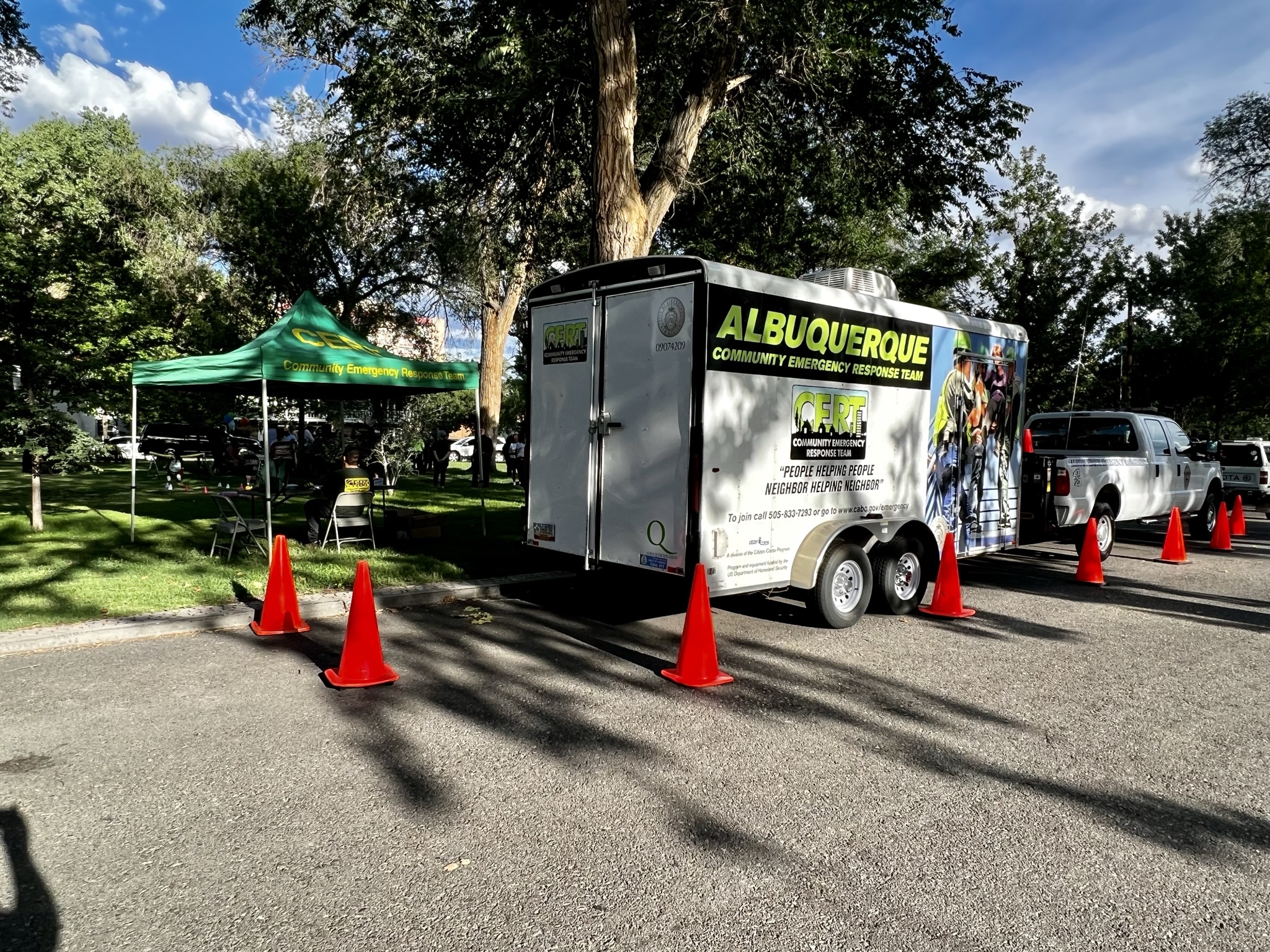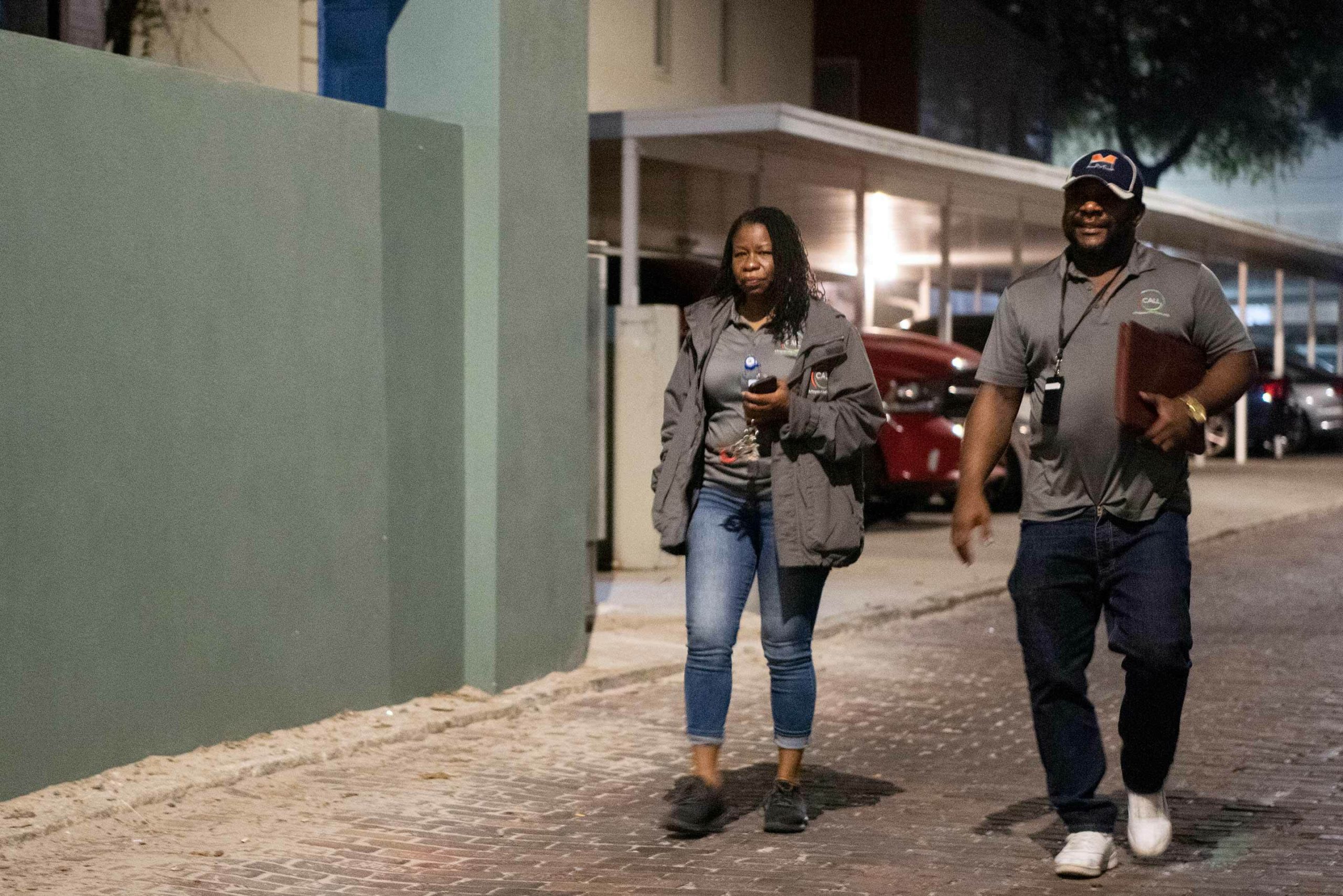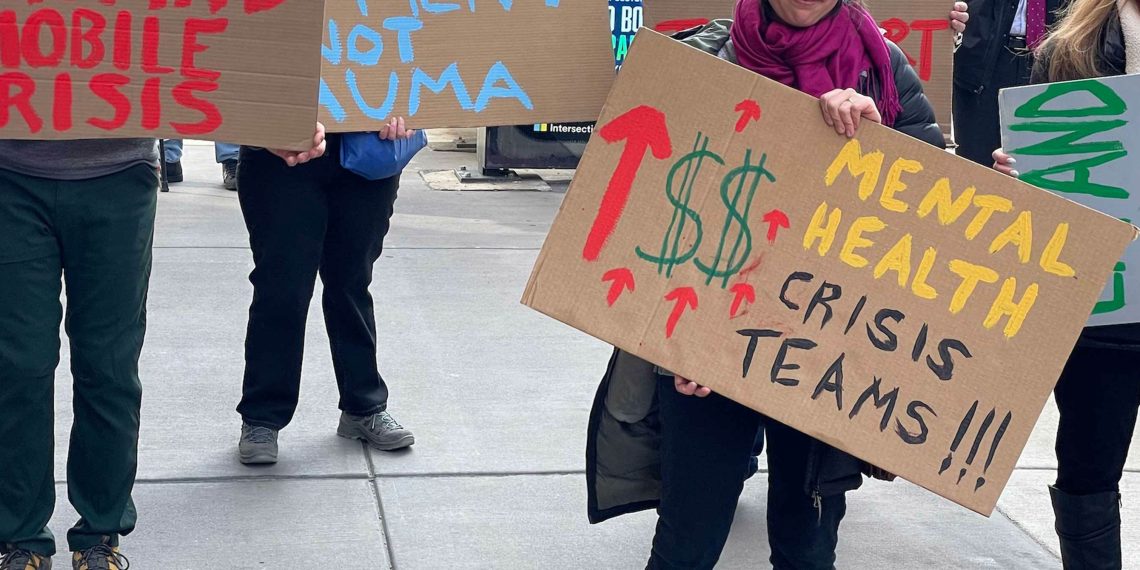In Albuquerque, New Mexico, a groundbreaking approach to crisis management unfolds as unarmed civilian responders Nevada Sanchez and Sean Martin answer emergency calls, serving as the first line of assistance in a city rife with violent crime and police shootings.
Tasked with de-escalating encounters involving mental health and substance abuse crises, Sanchez and Martin rely solely on their communication skills and strategic thinking, lacking both enforcement powers and protective equipment.

Their efforts have proven impactful, with occasional instances where lives have been potentially saved. Recalling past encounters, Martin recounts persuading an individual wielding a weapon to relinquish it, averting a potential tragedy, and ensuring a peaceful resolution upon law enforcement’s arrival.
Albuquerque, ranked second in police killings among U.S. cities with over 250,000 residents, has spearheaded one of the nation’s most ambitious civilian responder programs.
Mental Health Becomes A Focus Of The Initiative
This initiative, designed to provide aid rather than law enforcement to individuals in distress, gained traction following the 2020 murder of George Floyd, which spotlighted police violence against marginalized communities and those grappling with mental health issues or substance abuse.
Led by the Albuquerque Community Safety (ACS) department, the program takes on the majority of mental and behavioral health calls not involving weapons or endangerment to responders, with the rest handled by police or an ACS mobile crisis team comprising a mental health professional and an officer.

Metrics for success include facilitating mental health services access and reducing police shootings, with notable strides seen in increased housing provisions and mental health services delivery.
While hailed as a model for public safety reform, ACS confronts challenges, including limited funding hampering expansion efforts.
Despite facing financial constraints, Albuquerque Mayor Tim Keller remains committed to scaling up ACS, doubling its capacity, and enhancing mental and behavioral health services in response to soaring demand.





